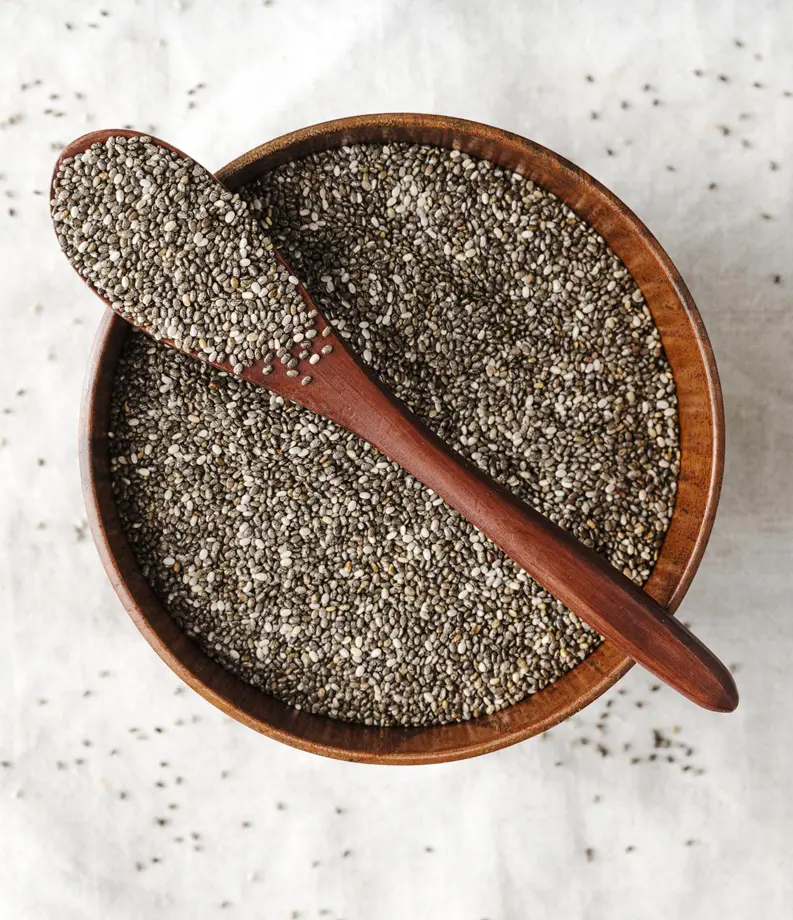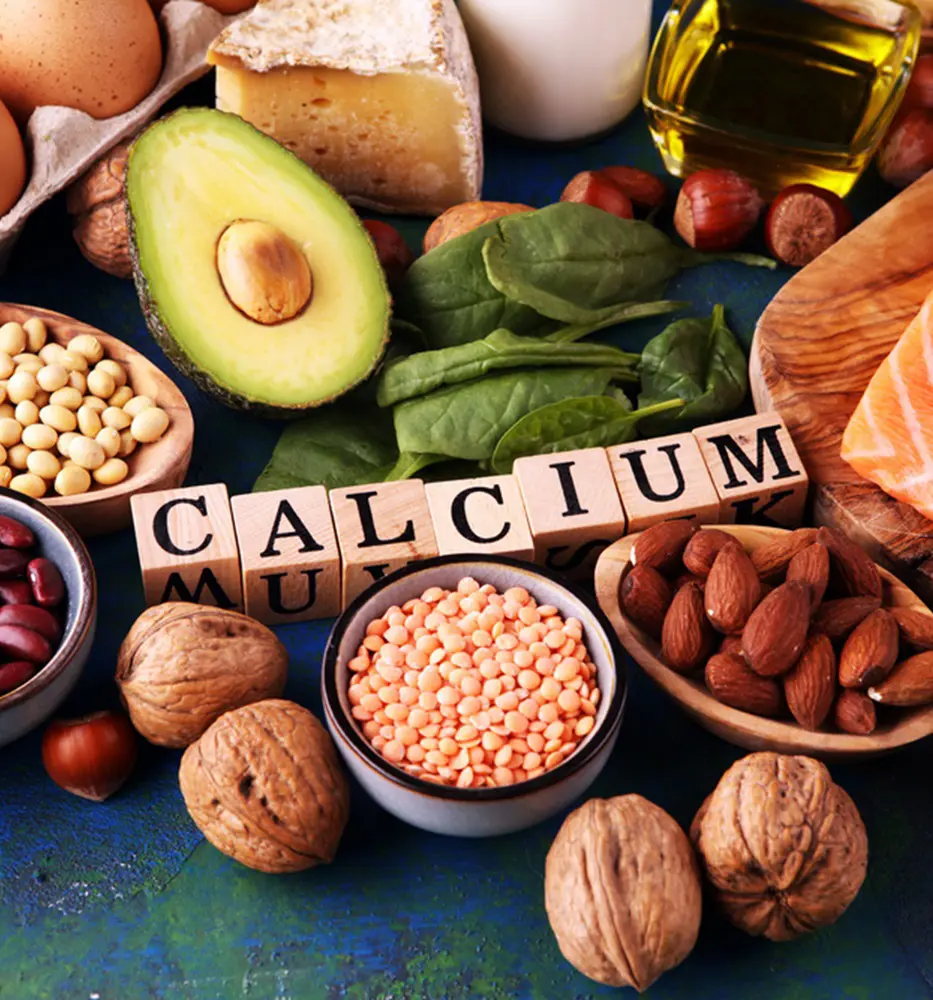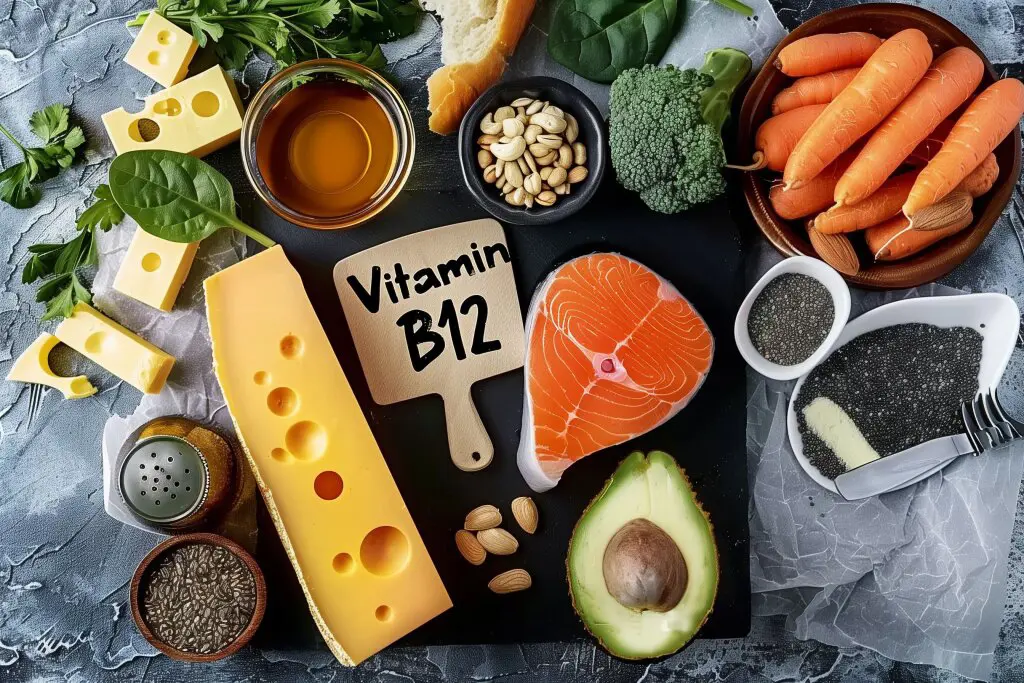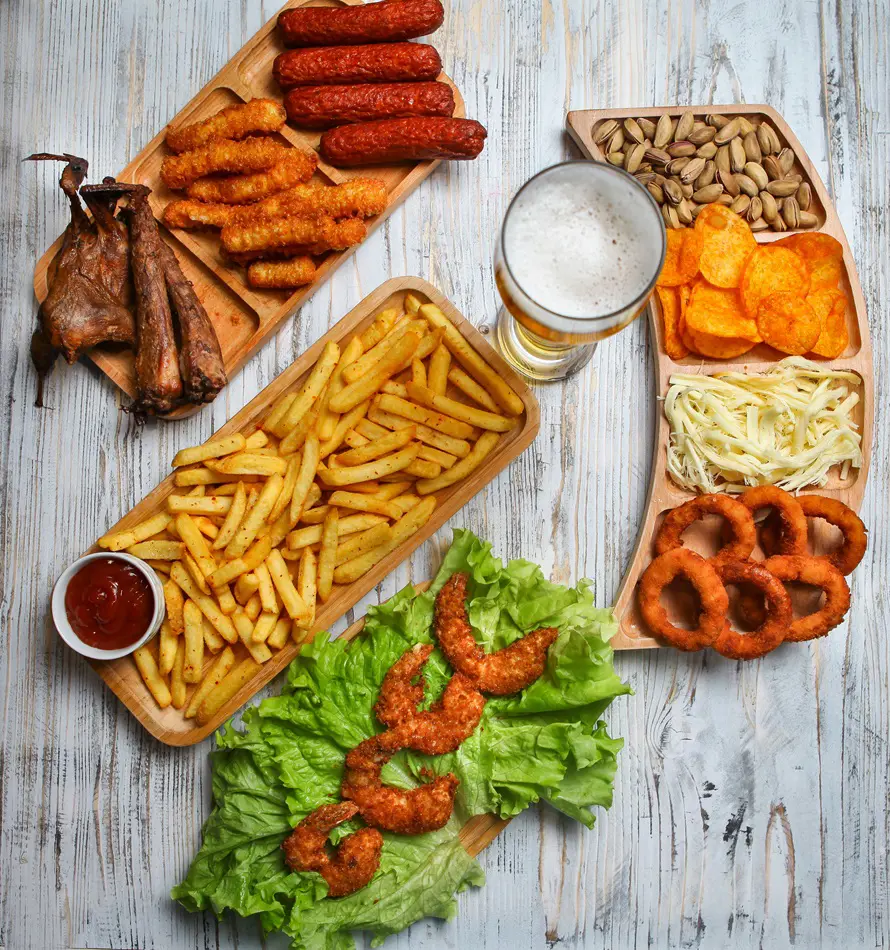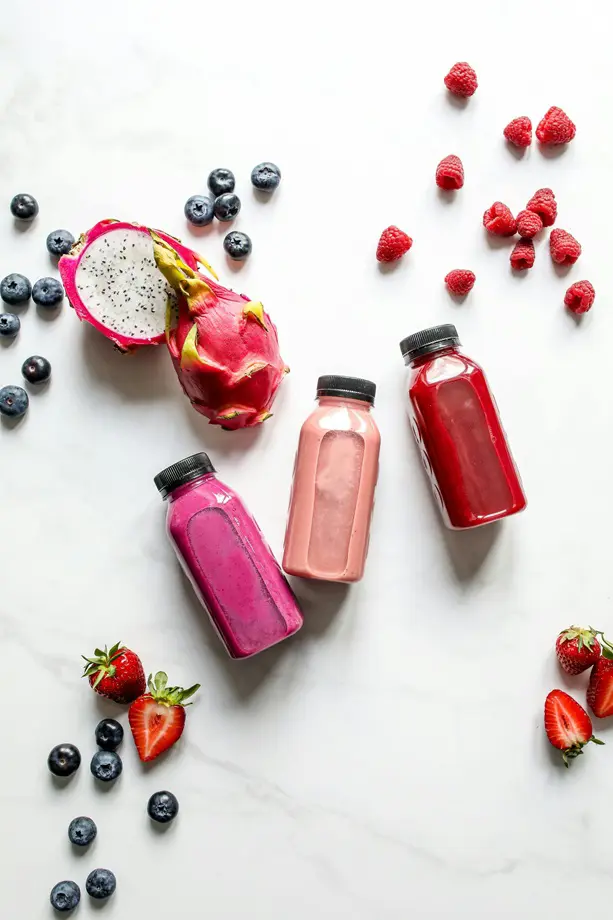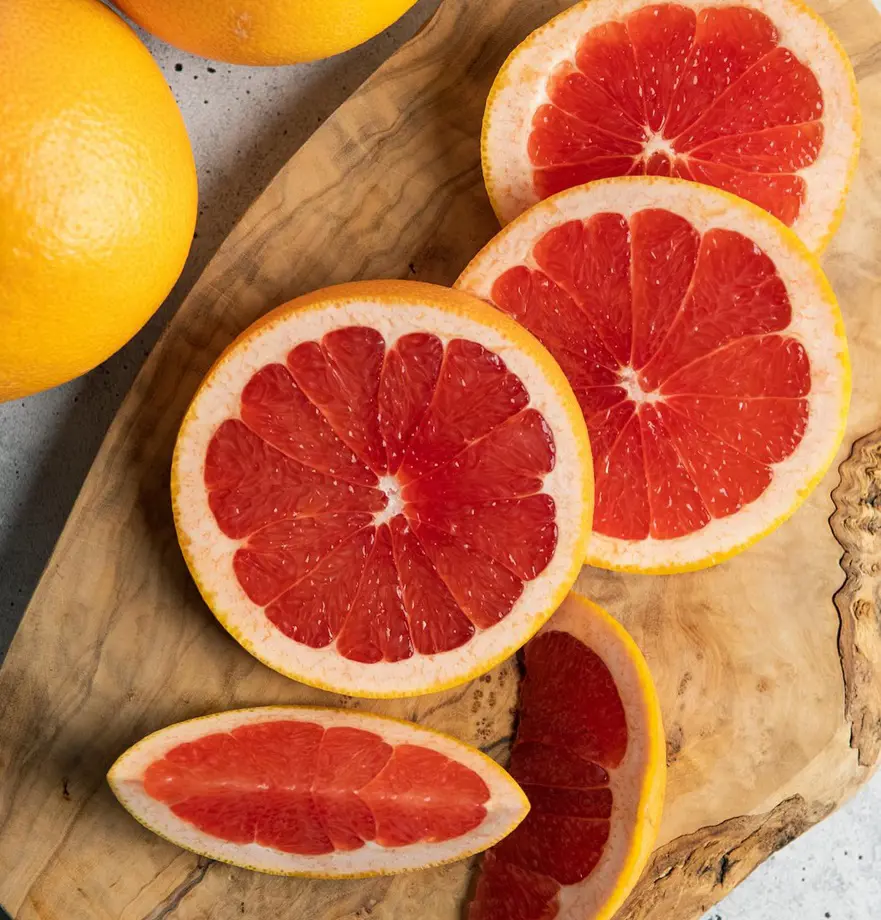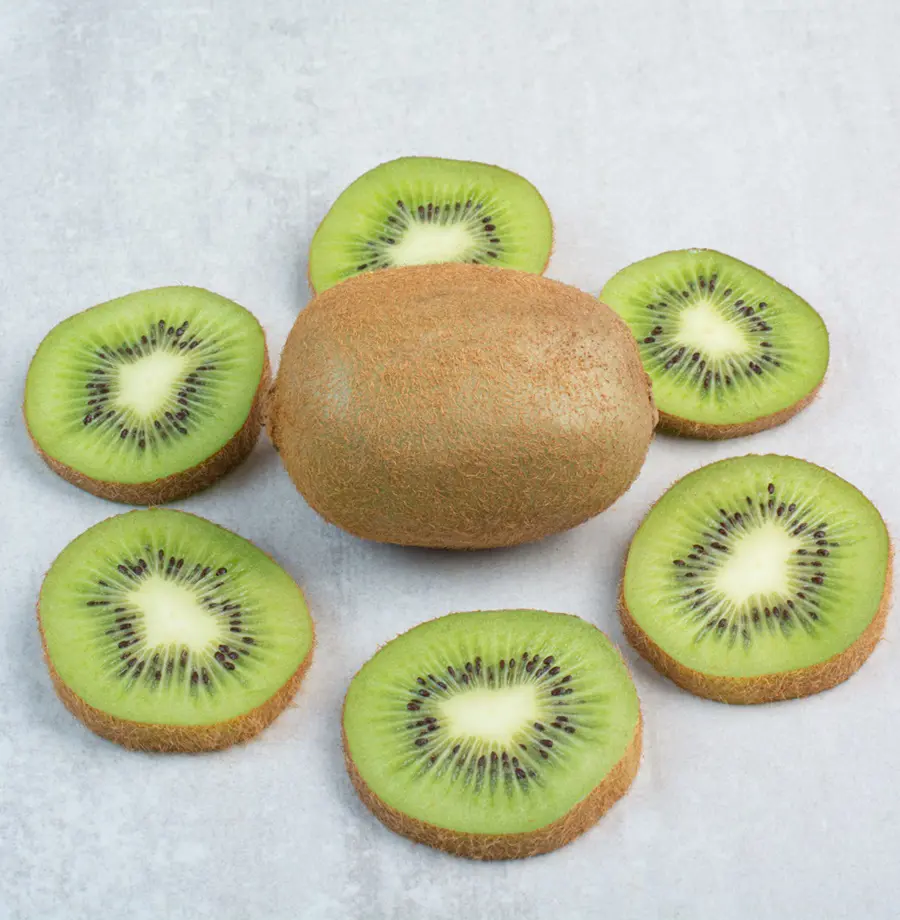20 Vitamin D Rich Foods That Will Help You Stay Healthy
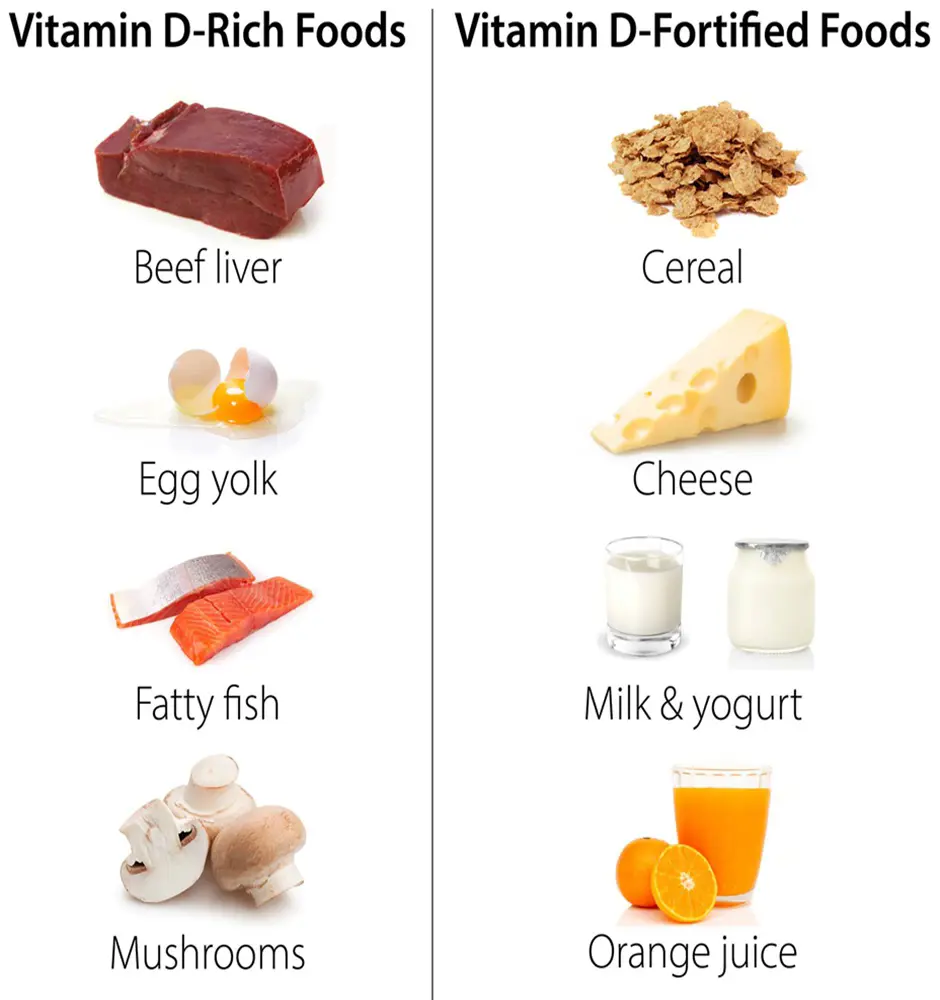
This post may contain affiliate links. If you make a purchase through links on our site, we may earn a commission.
Vitamin D is a fat-soluble vitamin involved in the absorption of calcium, immune system regulation, cell growth, and other functions. Though getting exposed to sunlight is an efficient way to get Vitamin D, this does not go well with busy schedules as of today.
Those eager to fulfill the recommended DV of 20 mcg (800IU) can go for foods enriched with this nutrient. In this article, we will discover 20 foods containing vitamin D to make it easier to diversify your diet and boost your immunity.
1. Fatty Fish
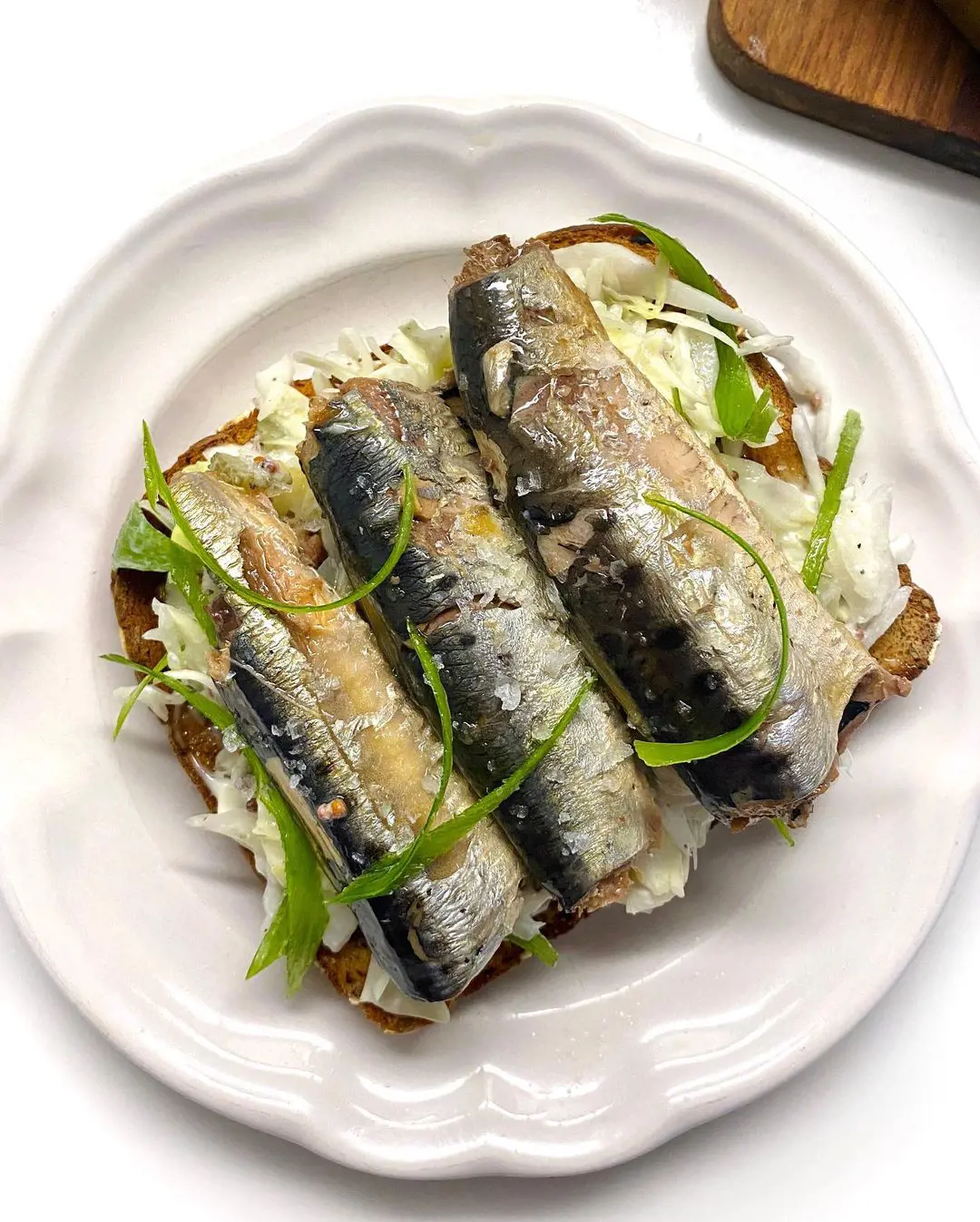
Wild, fatty fish contain extremely high amounts of vitamin D than most other foods. They are rich in fats, which enable them to contribute to calcium absorption, bone health, immunity boost, and heart health.
Of several kinds of fatty fish, salmon is one of the most famous fish packed with vitamin D. Farmed Atlantic salmon has 526 IU or 66% DV of vitamin D per 3.5-ounce (100-gram) serving, based on USDA data. Other fish products for instance halibut and mackerel offer 190IU and 643IU per 100 gm serving, respectively.
2. Canned Tuna
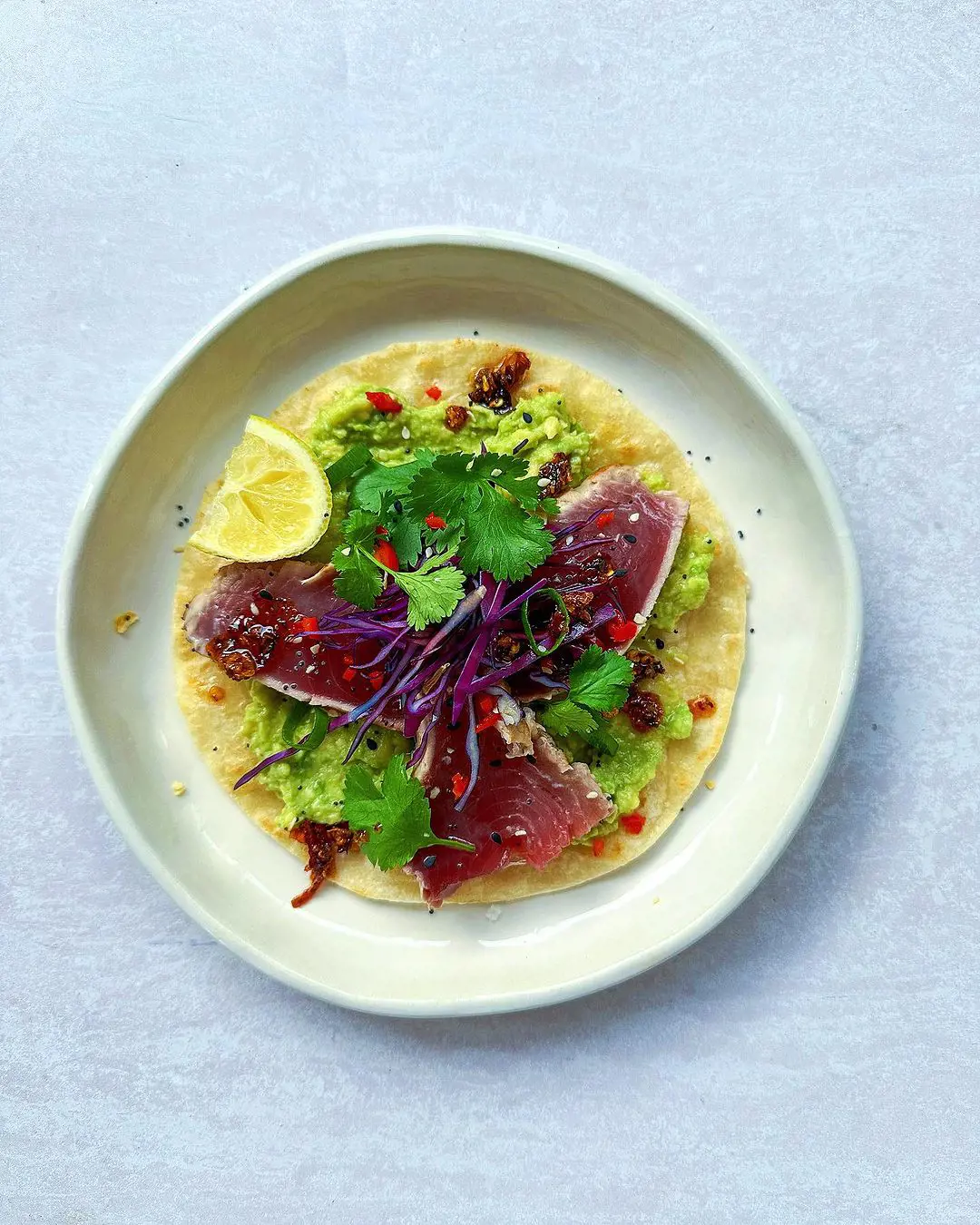
As this contains a good taste and manageable technique of preservation, canned tuna is identified to have been consumed by many persons. Canned Light Tuna is another fish that is a good source of Vitamin D. A serving size of 100 gm or 3.5-ounce contains 269 IU of vitamin D, which is 34% of the Daily Value.
The Food and Drug Administration advises that canned tuna should be eaten not more than once a week to avoid ingesting potentially toxic substances that are found in fish.
It is more likely to obtain your daily doses of vitamin D if tuna is taken as part of a balanced diet.
3. Cod Liver Oil
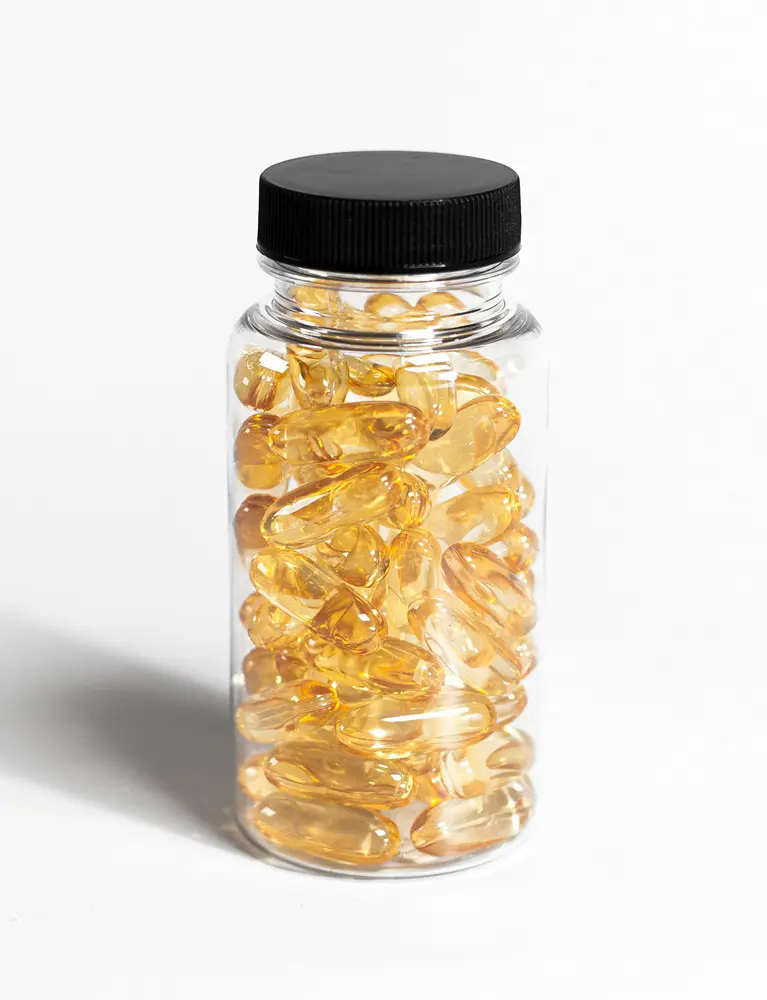
Cod liver oil has been in use for many years in the treatment of vitamin D deficiency as it is a rich source of vitamin D. This oil has 450 IU of vitamin D per teaspoon, which is 75 percent of a person’s RDA.
Cod liver oil also contains massive amounts of vitamin A. One spoon equivalent to 4.9 mL of cod liver oil provides 1,350 mcg of vitamin A. Furthermore, it is a rich source of omega-3 fatty acids, which are great for human health.
4. Herring

Even a small fish like herring is known to be an initiator of vitamin D. A 3.5-ounce (100-gram) fresh Atlantic herring contains 27% of the daily recommended vitamin A intake with 214 IU. If you are among those who cannot take fresh fish, pickled herring is also good for you since it contains sources of vitamin D as well. It provides 113IU of Vitamin D per 100g of the serving, which, is equivalent to about 14 % of the DV.
Besides vitamin D, herring can be recommended for maintaining the heart’s health due to the omega-3 fatty acids it contains. The predominance of vitamin D and omega-3 fatty acids in herring makes it one of the most effective foods for bone and cardiovascular health.
5. Fortified Cereals
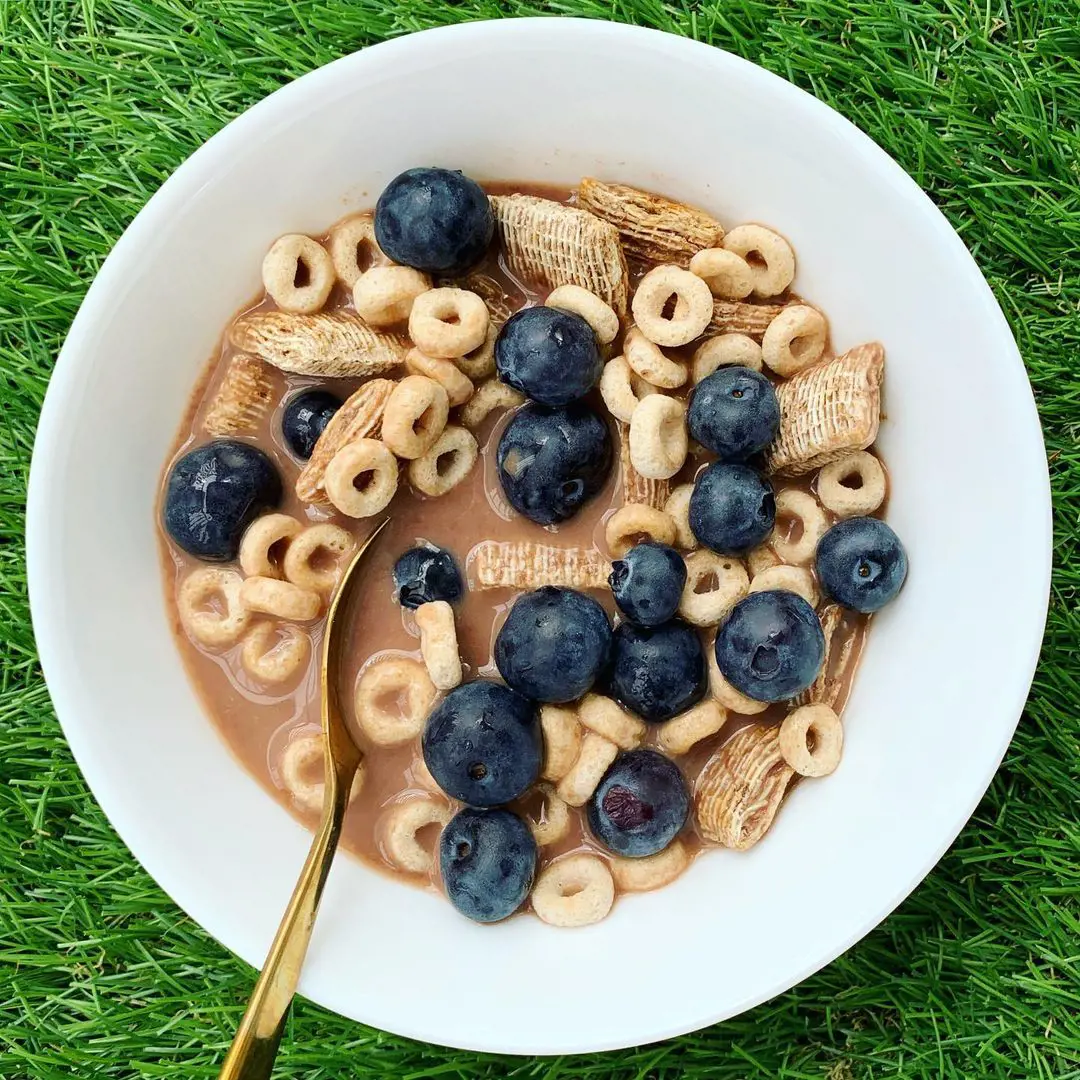
Cereals are a type of food that may be fortified with vitamin D. A cup of fortified wheat bran flakes constitutes 145 IU of vitamin D, which is 18% of the DV.
These fortified cereals can support combat deficiencies, and promote bone health, immune function, and overall well-being. Similarly, it can also contribute significantly to meeting the recommended intake for vitamin D, which is around 200 IU per day.
6. Shrimp
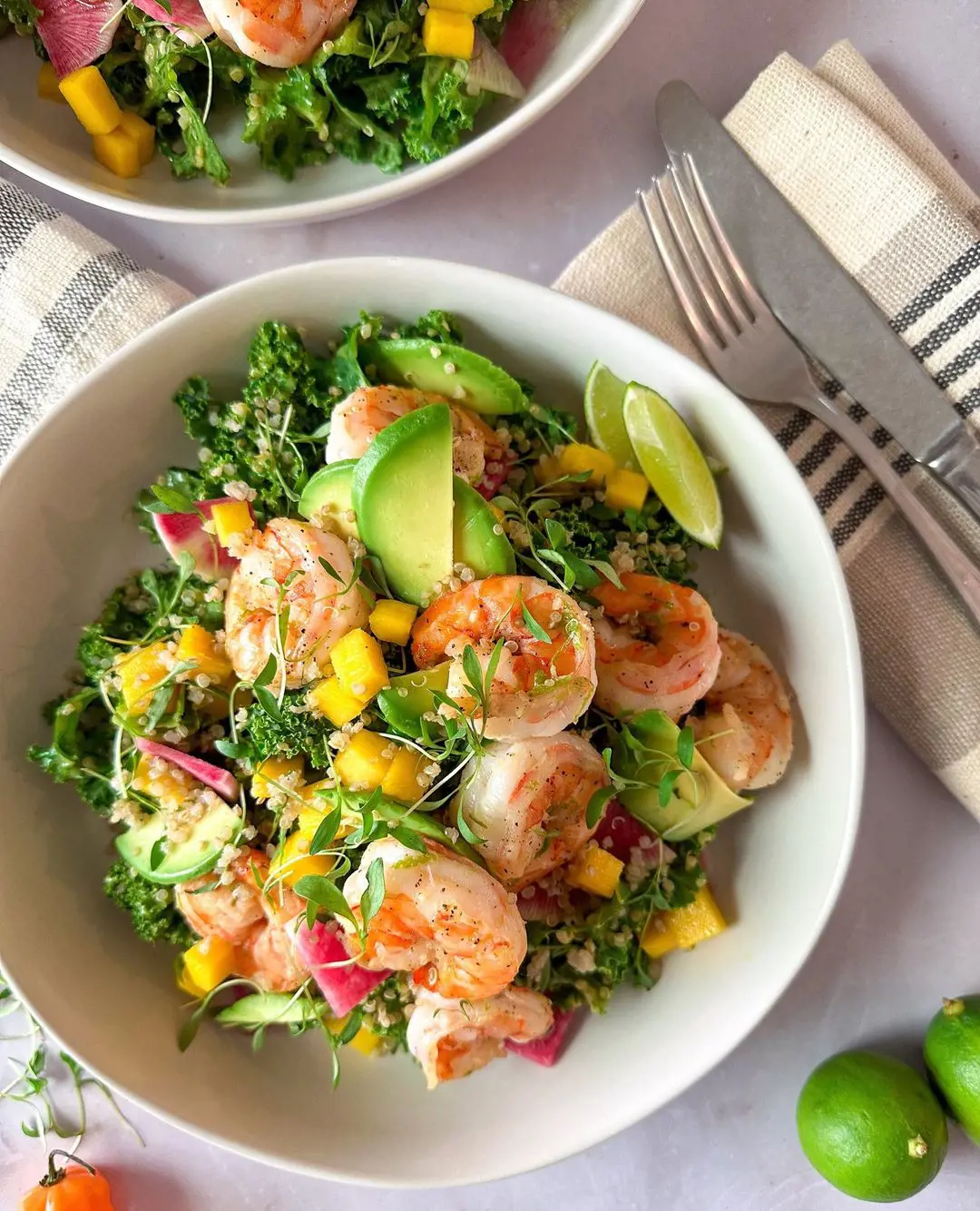
Shrimp is a seafood option that has a significant amount of contribution to dietary vitamin D intake. It contains a modest amount of vitamin D, typically around 152 IU per 100-gram serving, which is 38% of the DV.
Research has indicated that dried shrimp can be a more concentrated source of vitamin D as drying helps preserve nutrients.
This food item presents a versatile means of enhancing one's nutritional profile while enjoying its delightful taste. Their presence in various dishes adds flavor and contributes to bone health and overall vitality.
7. Oysters
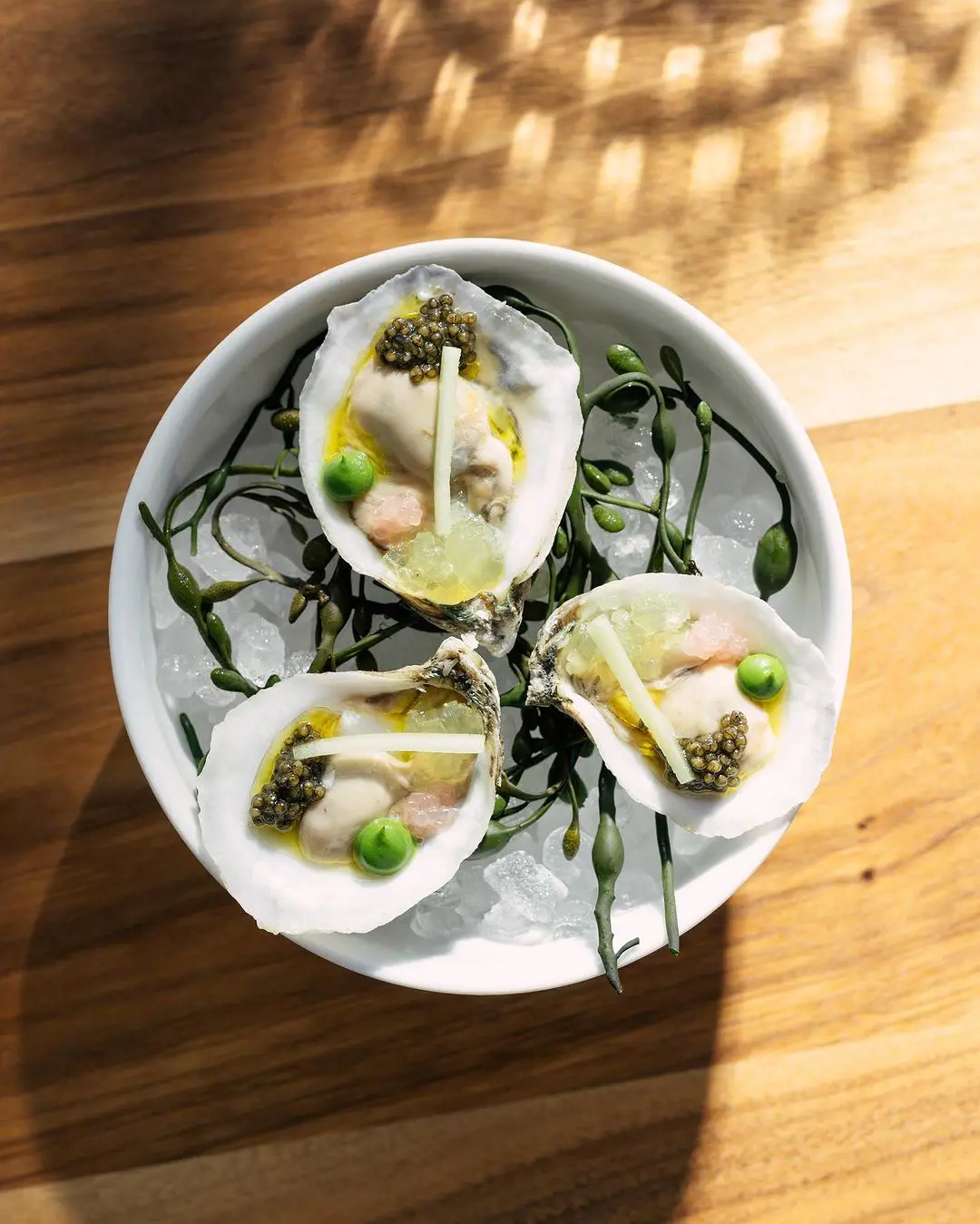
Nutritionally, oysters that are rich in vitamin D play a crucial role in enhancing health and offer other benefits at the same time. A serving of six medium oysters gives a total of 270IU of vitamin D, which is 34% of the DV.
Consuming oysters once a week can supplement your vitamin D needs while providing other essential nutrients. Oysters can be used in soups and stews to enhance flavor and supplement the nutrient density of the food.
8. Caviar
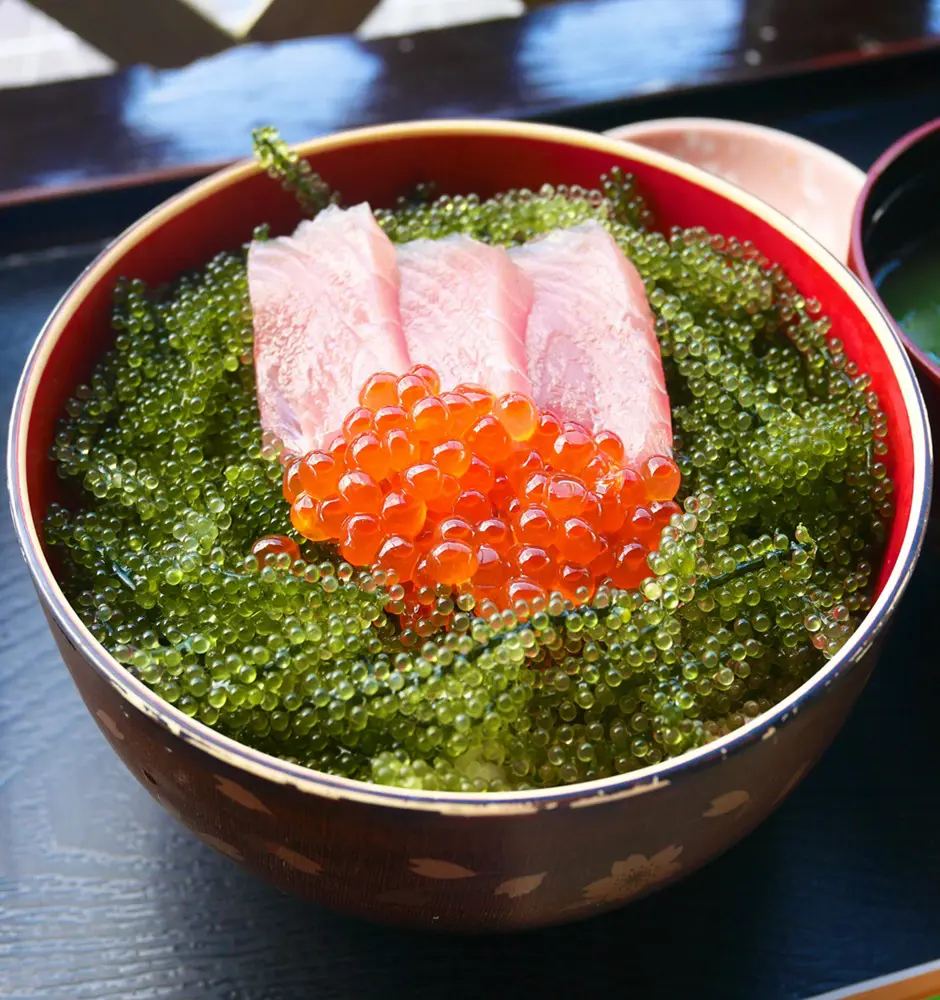
Revered for its luxurious appeal, caviar also delivers a noteworthy vitamin D content alongside a lavish dining experience. A 100 g serving of caviar consists of approximately 2.9 micrograms of vitamin D, which is about 29% of the DV.
The vitamin D content in caviar contributes to its overall nutritional value which makes it beneficial for those looking to enhance their intake of this vitamin. Its integration into the diet imparts an element of luxury and supplies essential nutrients that support overall health and strength.
9. Fortified Dairy Products
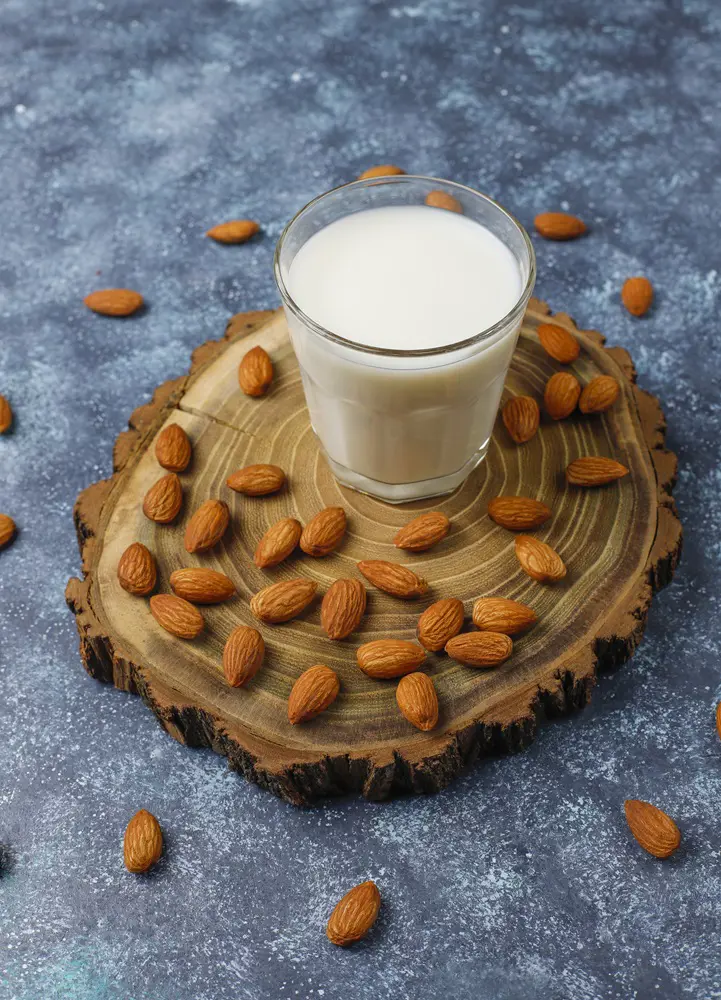
Dairy products, for instance, cow’s milk, and soy milk lack vitamin D naturally. Due to this reason, most of them are usually fortified.
-
Cow's milk: Despite being deemed a perfect natural food for nutrients such as calcium, phosphorus and riboflavin, cow’s milk lacks vitamin D nutrition. So, they are fortified in several countries with this nutrition. In the United States, fortified cow’s milk provides about 115 IU of vitamin D per cup (237 ml) of milk which is equivalent to 15% of the DV.
-
Soy milk: Fat-soluble vitamin D is available predominantly in animal foods. Due to this, it has indeed become quite a challenge for vegetarians and vegans to get this nutrient. To overcome this, most milk products derived from plants like soy milk contain added vitamin D. One cup (237ml) of soy milk holds 100-119 IU of vitamin D.
- Almond Milk: Much like soy milk, almond milk also lacks vitamin D. Therefore, it also undergoes the process of ‘fortification’. 8 ounces of unsweetened almond milk likely contains 24.9% of the Daily Value of Vitamin D or 199 IU.
10. Fortified Orange Juice

Fortified orange juice can act as a dietary supplement of vitamin D, especially for individuals who cannot take milk products because of allergy or intolerance. One cup (237 mL) of fortified orange juice with breakfast can start your day with up to 100 IU of vitamin D, or 12% of the DV.
Orange juice on its own or when fortified, can harmonize with many other food plans throughout the day while enhancing the nutrition intake during breakfast.
11. Fortified Tofu
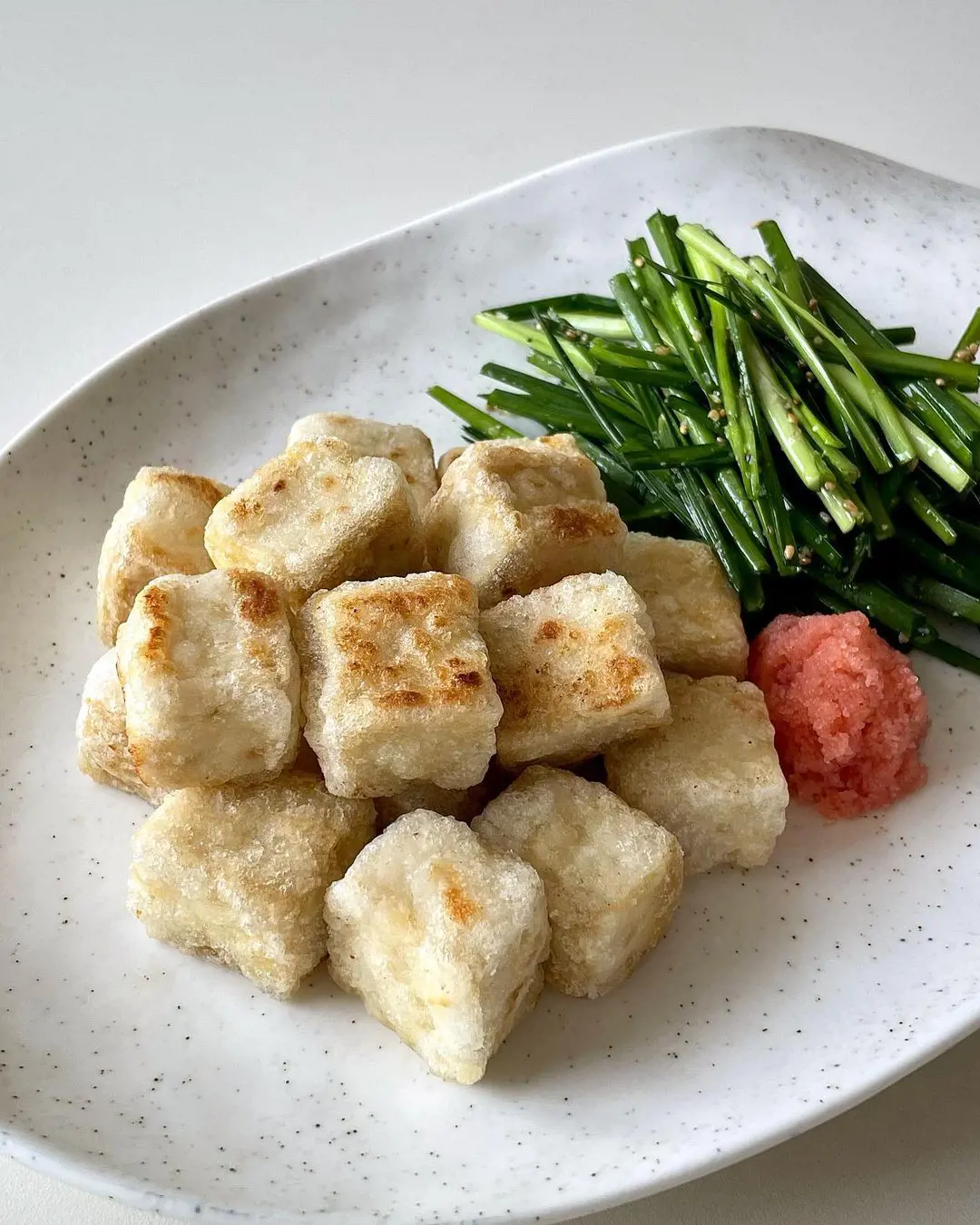
A basic diet ingredient for vegetarians and vegans, tofu is benefits-packed and also a versatile source of protein and vitamin D. itself as a versatile and nutrient-rich source of protein and vitamin D. A 100-gram serving of fortified tofu supplies about 100IU of vitamin D, approximately 12% of the daily requirement.
Besides the vitamin D, tofu is rich in calcium and iron. This versatile food can be easily integrated into many dishes such as stir-fries, soups, and salads guaranteeing the intake of remarkable nutrients, including vitamin D.
12. Fortified Yogurt
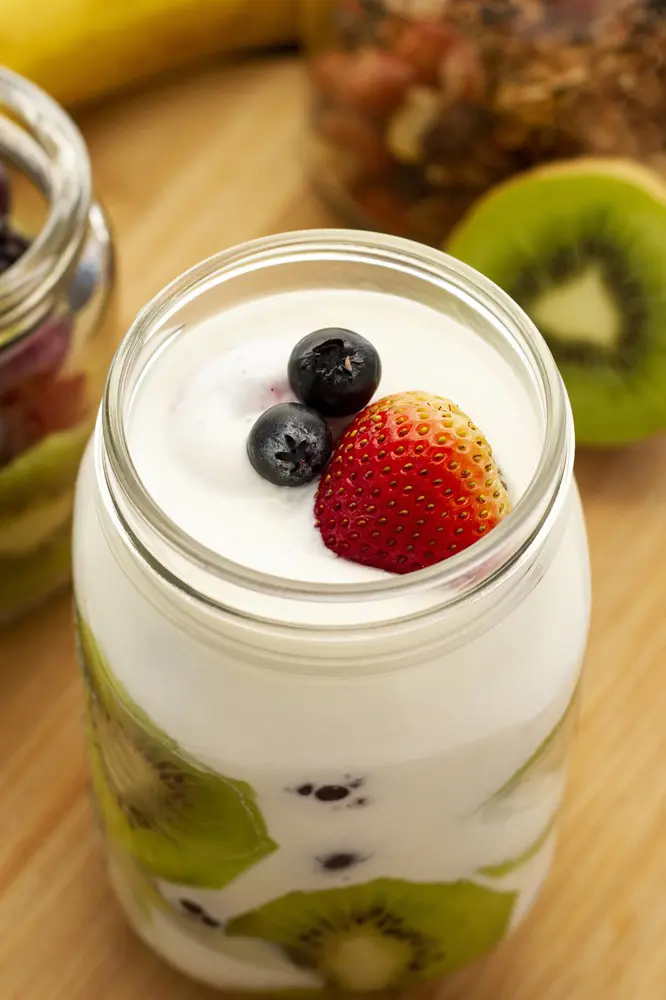
Fortified yogurt has become a popular choice for vitamin D supplements as it helps boost overall health. It commonly provides approximately 80 to 120 IU (2 to 3 mcg) of vitamin D per serving (150 grams or 5.34 ounces).
It has been linked to favorable changes in weight, in addition to glucose control in the bloodstream. Furthermore, yogurt, being a rich source of calcium, protein, and probiotics also supports bone health and digestive wellness.
13. Pork
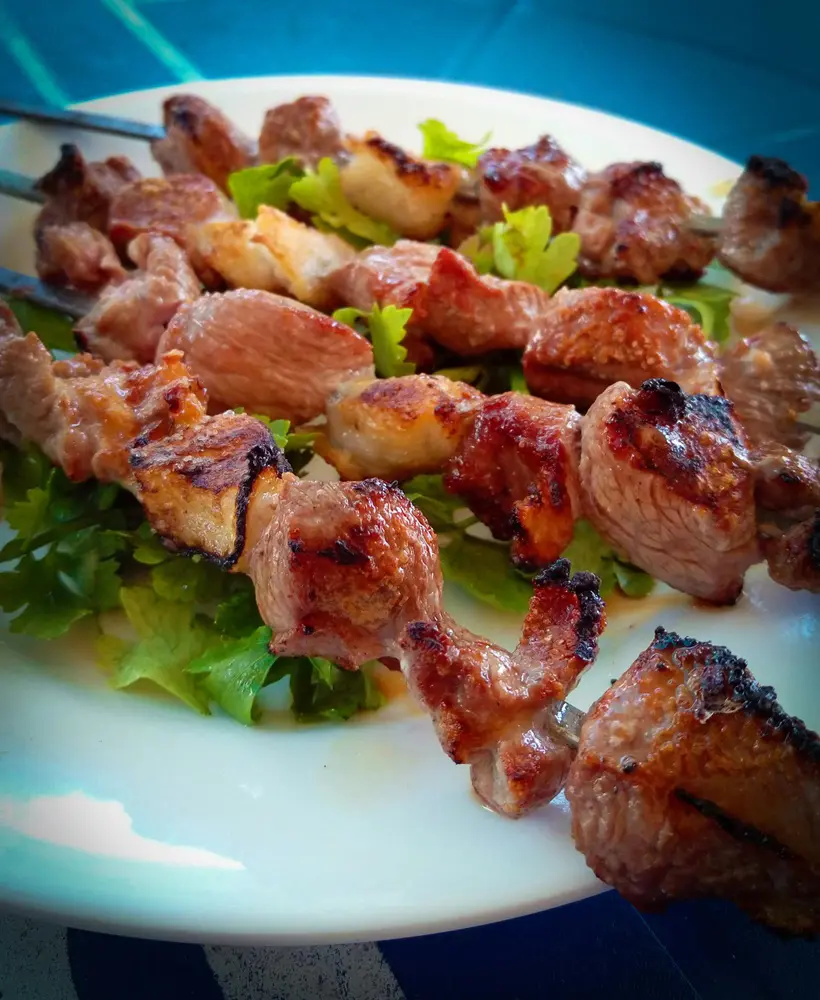
Pork contributes a moderate amount of this essential nutrient to the diet. Three little ounces of pork can provide as much as 88IU of vitamin D, which is almost one-seventh of a daily dose. Typically, raw pork contains between 1.0 to 23.0 µg/kg of vitamin D, with variations based on specific cuts and preparation methods.
The content of vitamin D in pork primarily contributes to calcium absorption, the immune system, and overall well-being. To meet daily vitamin D needs, it is recommended to consume pork alongside other rich sources like fatty fish, fortified foods, and eggs.
14. Sole

Sole, which includes a modest amount of vitamin D is a lean fish providing some nutritional benefits. A 3.5-ounce (100 grams) serving of sole fish, particularly, gray sole consists of 56 IU of vitamin D.
Given its lower vitamin D content, you can combine it with other richer sources of vitamin D, such as fatty fish, mushrooms, etc. Sole is best enjoyed when baked, grilled, or steamed to retain its nutritional profile.
15. Crab
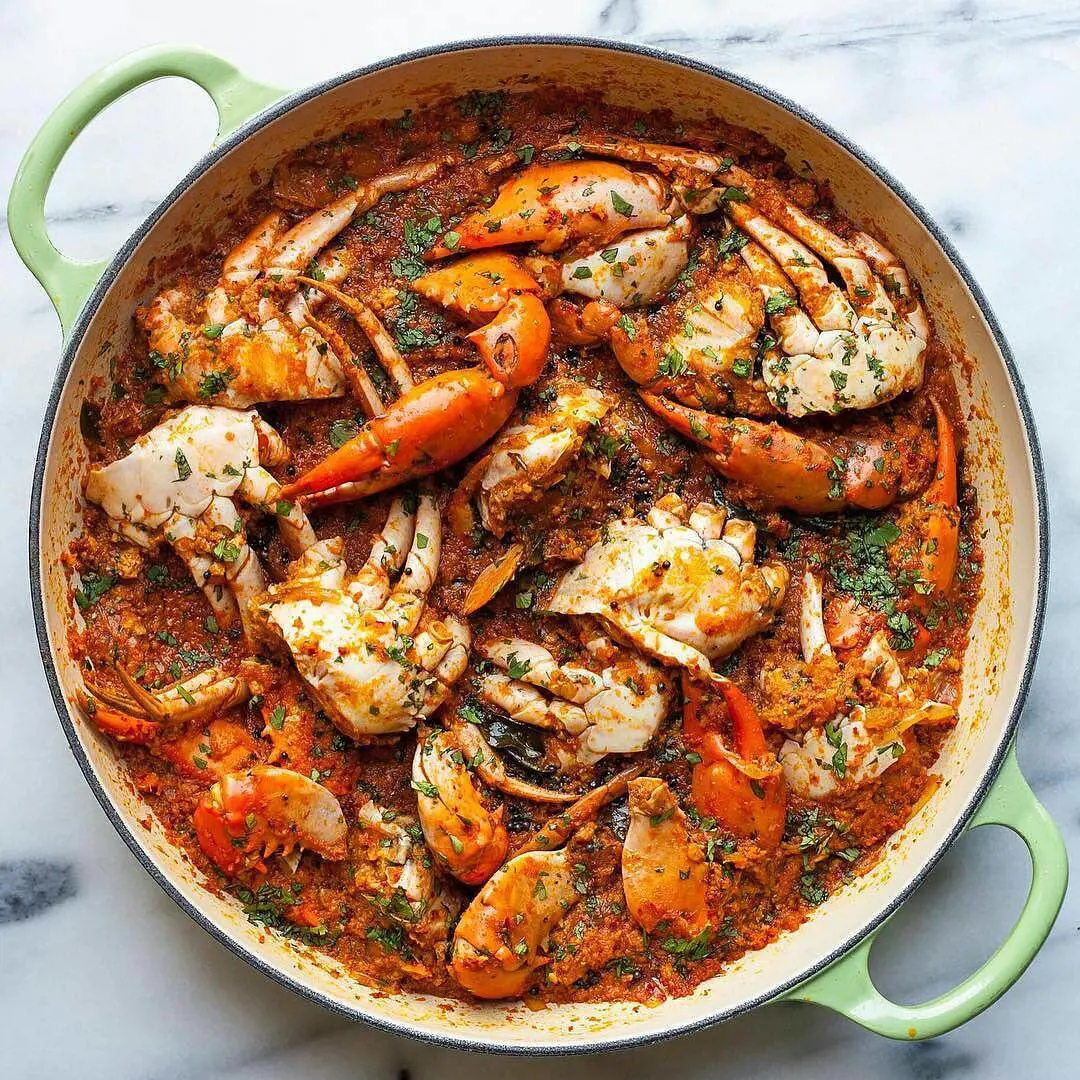
Similar to all the classes of seafood, crab also offers several health-related benefits, one of which is vitamin D. Crab has about 20IU of vitamin D per 100 grams. Despite being lower than some other fatty fish, the amount adds to what is known as the recommended dietary allowance of this nutrient.
Crab can be consumed in many ways, whether it be crab cakes, crab salads, or even with butter and steamed. It is ideal for use in meals and effectively helps in adding nutritional value to food.
16. Beef Liver
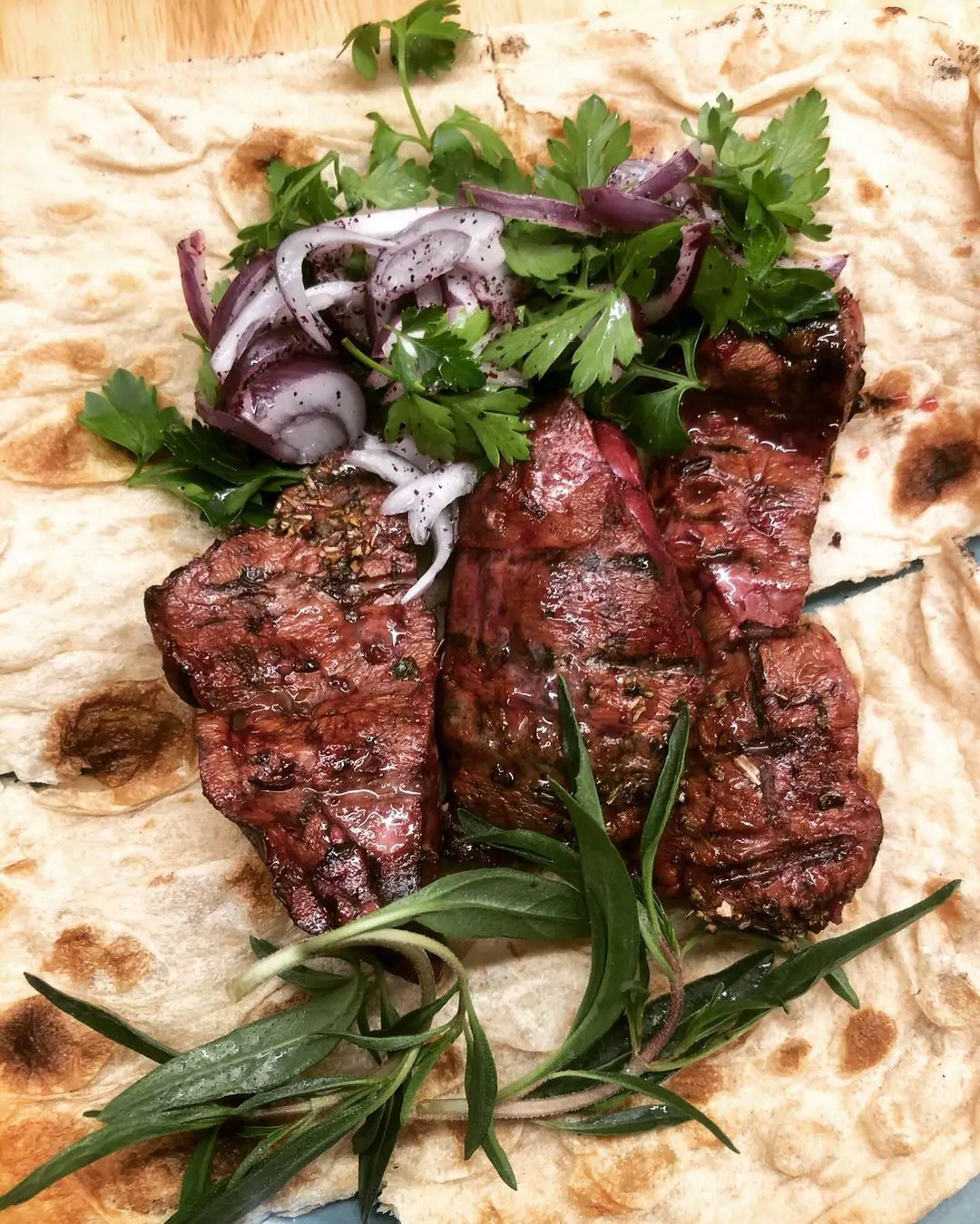
A 3.5-ounce serving of cooked beef liver contains 50 IU of vitamin D as well as other nutrients like vitamin A, iron, and protein.
Due to its high nutritional value, it serves as a highly essential food that helps in achieving good health, strength, and healthy blood. Nevertheless, because beef liver contains vitamin A and cholesterol which are fat-soluble elements, one may need to take beef liver in moderation.
17. Mushrooms

If a person hates fish or if they are vegetarian or vegan, some distinct mushrooms can be suitable options for them. There are different types of mushrooms and most of them are rich in vitamin D2. One cup of cooked shiitake mushrooms provides 5% of the Daily Value of vitamin D, or 40.6 IU.
Sun-exposed mushrooms provide even more vitamin D. Due to their richness in vitamin D content, you can incorporate wild mushrooms or UV-exposed mushrooms into your diet to enhance your vitamin D intake.
18. Eggs

Whole eggs are also one of the great sources of vitamin D and other essential nutrients. While the white part of the egg comprises most protein, the yolk houses the fat, vitamins, and minerals. The yolk from one large egg of a commercially raised hen contains 37IU of vitamin D, which is approximately 5% of the DV. However, eggs from hens raised outside or fed vitamin D-enriched feed contain much higher levels.
Starting your day with two eggs provides you with healthy fats, and proteins enough to keep you full and give you sustained energy as well as a dose of vitamin D.
19. Fortified Margarine
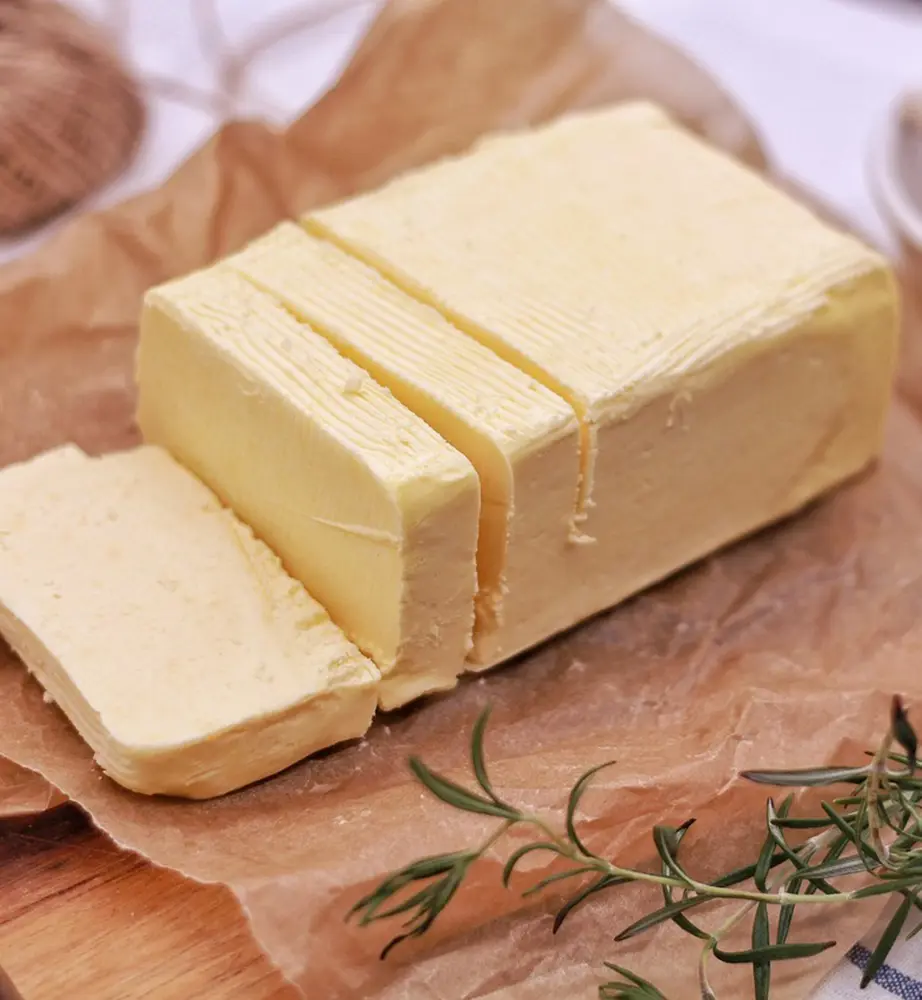
Fortified margarine is a form of spread that can also be used as a vitamin D supplement. One can manage to get approximately 60 IU of vitamin D from one tablespoon of fortified margarine.
Other than improving the nutritional value of the meals, fortified margarine can also add a boost to the taste of your food. It can be easily incorporated into different diets which makes it quite a good choice for vitamin D supplementation.
20. Cheese
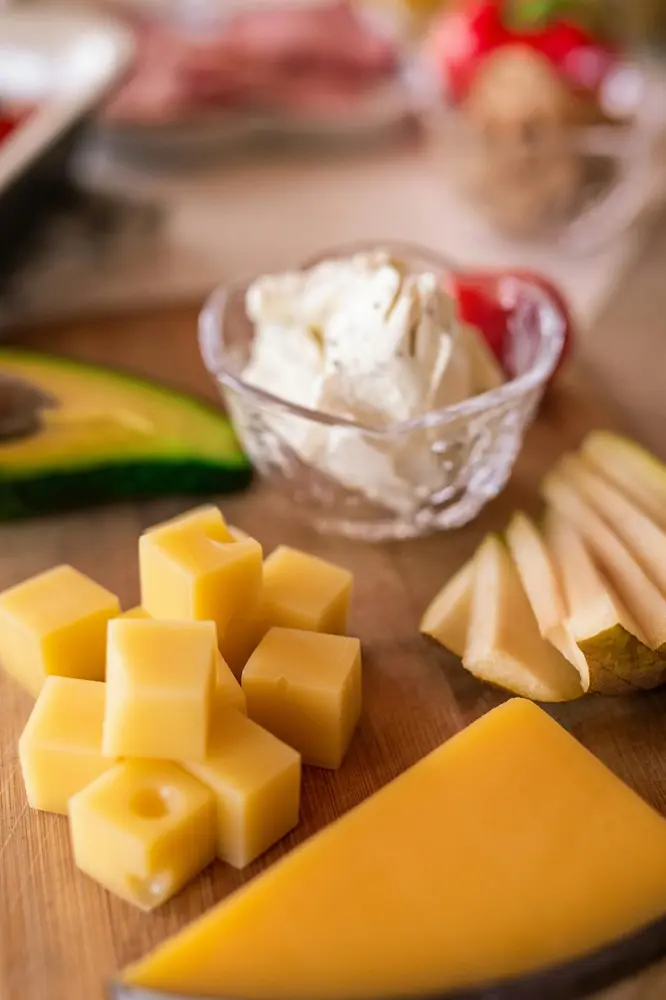
Beyond its taste, cheese brings a moderate but valuable dose of vitamin D to the table. The exact vitamin D content varies among different types of cheese, with a 100 g serving typically providing around 13-24 IU of vitamin D.
Many cheeses are fortified with vitamin D, which significantly enhances their contribution to daily intake. Incorporating different types of cheeses into the diet offers a diverse range of flavors and introduces a consistent source of this essential nutrient.
Vitamin D Dosage Guidelines
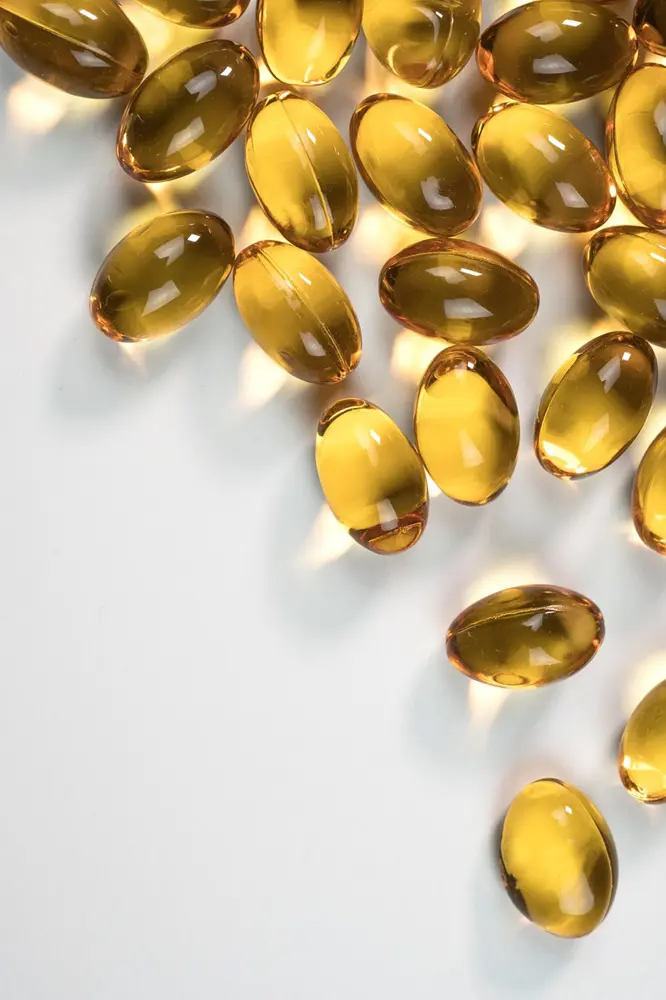
The body's ability to produce vitamin D from sunlight depends on factors like skin color, geographical location, time of year, and sunscreen use.
The recommended dietary allowance (RDA) for vitamin D may be expressed in international units (IU) or micrograms (mcg).
1. Infants (0-12 months): The RDA is usually around 400-1000 IU (10-25 mcg) daily. Breastfed infants may require a vitamin D supplement since breast milk might not provide enough.
2. Children (1-18 years): The RDA typically ranges from 600-1000 IU (15-25 mcg) per day.
3. Adults (19-70 years): The RDA is usually around 600-800 IU (15-20 mcg) daily.
4. Adults (71 years and older): The RDA may increase slightly to 800-1000 IU (20-25 mcg) daily.
5. Pregnant and lactating women: Vitamin D needs during pregnancy and breastfeeding can increase. The RDA might be around 600-800 IU (15-20 mcg) per day.
6. People at risk of deficiency: Individuals with limited sun exposure, dark skin, obesity, or certain medical conditions might require higher doses of vitamin D. This often involves taking supplements under medical supervision.
Recent posts
Nutrition
Nutrition
Chia Seeds Benefits: 15 Reasons To Eat These Tiny Seeds
Chia seeds are tiny edible seeds obtained from the plant known as "Salvia hispanica", belonging to the mint family. Oval, gray, and filled with black and white spots, these small seeds are highly valued for their abundant nutrients and health be...
Nutrition
How Much Calcium Is Actually Needed?
Calcium is a mineral associated with bones, muscles and the nervous system in the body. Current dietary guidelines suggest different Recommended Dietary Allowances(RDAs) for adult males and females, with 1000mg being optimal for males and 1200mg for...
Nutrition
B12 Vitamin Food Sources: A Comprehensive Guide
Vitamin B12, an essential nutrient, plays a crucial role in various bodily functions, including red blood cell production, nerve function, and DNA synthesis. While animal-based foods are the primary sources of B12, certain fortified plant-based foods...
Nutrition
What Foods Are High In Cholesterol? 20 Foods To Avoid
Animal products like meat, eggs, milk, and cheese are sources of dietary cholesterol, unlike plant-based foods. For those aiming to lower their cholesterol intake, it's essential to be mindful of animal-based food choices. While some high-cholesterol...
Nutrition
18 Fat Burning Smoothies For Weight Loss
The weight loss journey is tough if you have to get on the same path day after day, facing cravings and temptations along the way. We suggest you stop making it a monotonous struggle and make it a flavorful adventure instead. One of the easiest and m...
Nutrition
Are Egg Whites Good For You? Benefits, Nutrition, And How To Eat?
Egg whites are popular these days while egg yolks are considered a health havoc. This claim is not always true but if you are someone who is going through weight gain problems or other conditions like heart disease, it's important to focus on egg whi...
